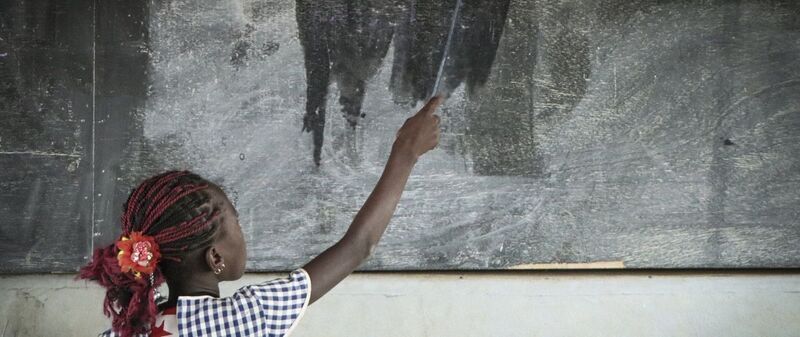
UNEP, partners launch pilot project to build flood-resilient homes in Bangladesh
The United Nations Environment Program (UNEP) and several partners launched a pilot project to build ...

Nestlé joined hands with other philanthropic partners and companies of the cocoa and chocolate industry as well as the Ivorian government to secure CHF 150 million to improve education in Côte d’Ivoire.
A strong coalition of philanthropic partners and companies of the cocoa and chocolate industry – including the Jacobs Foundation and the UBS Optimus Foundation as well as the Ivorian government and the cocoa and chocolate companies Barry Callebaut, Cargill, Chocolonely Foundation, ECOM, Ferrero, The Hershey Company, Mars Wrigley, Mondelēz International, Nestlé, Olam Cocoa and Touton – was formed to help the Ivorian government combat child labor and provide a good start in life and quality education for all children.
The coalition intends to jointly provide the necessary seed funding to launch two pooled funding facilities with a target capitalization of 150 million Swiss Francs to promote effective learning and early childhood development at scale in Côte d’Ivoire. To reach the target capitalization for the two facilities, additional stakeholders are invited to join the coalition.
The first of the two funding initiatives, the Child Learning and Education Facility (CLEF), aims to reach 5 million children and 10 million parents in cocoa growing areas and beyond, focusing on access to quality primary education.
The second initiative, the Early Learning and Nutrition Facility (ELAN), is designed to reach 1.3 million children below the age of 5 and their caregivers, providing quality services and training in early childhood development and nutrition.
The Ivorian government has developed a National Action Plan to Combat Child Labor, has launched a 10-year Education Sector Strategy and has introduced a Multisectoral Plan for Nutrition to develop its human capital and tackle the root causes of child labor.
The CLEF and ELAN initiatives complement the government’s efforts.
Côte d’Ivoire leads the world in the production and export of cocoa beans for the manufacture of chocolate. Yet, a 2015 survey found more than 1 million children were performing hazardous work in cocoa production in Côte d’Ivoire.
In rural Ivorian areas, nearly 30% of primary school-aged children are out of school, while the percentage rises to 50% for children of lower secondary school age (Côte d’Ivoire MICS 2016).
Among those who are in school, the majority do not reach the minimum expected level in reading and math. This poor school performance is largely attributable to low quality education, but also to suboptimal development in the early years of children’s lives. With a national rate of 30% of stunting, which is especially dangerous for young children, Côte d’Ivoire is among the most vulnerable countries in Sub-Saharan Africa. Without better early childhood development and access to quality education, these children are at higher risk of child labor.
Around the world, more than 150 million children may be affected by child labor. The CLEF and ELAN initiatives represent a multi-stakeholder partnership that is seeking a sustainable solution to this situation in Côte d’Ivoire. These initiatives could serve as blueprints for effective public private partnerships to help achieve the UN Sustainable Development Goals.
The United Nations Environment Program (UNEP) and several partners launched a pilot project to build ...
The European Investment Bank (EIB) is lending €200 million to Sweden-based Electrolux Group, a leading ...
The Global Environment Facility (GEF) has just approved $204.3 million for the United Nations Development ...


اترك تعليقا